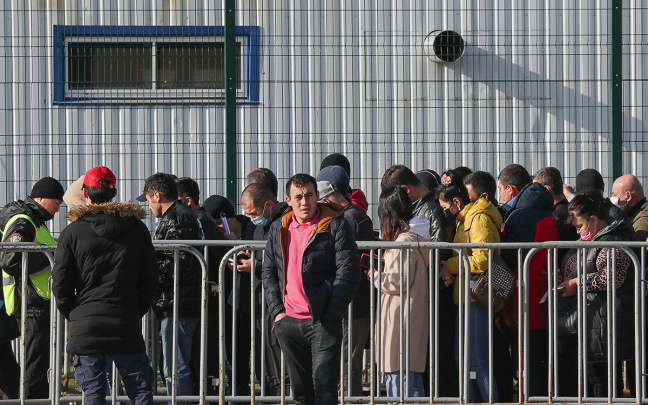Self-employed workforce in Uzbekistan grows dramatically by nearly 90% over a year
The number of self-employed individuals in Uzbekistan has seen remarkable growth, reaching 4.08 million by October 1. This marks an increase of 1.89 million, or 86.8%, compared to the same period last year. In the third quarter alone, 532,000 more people registered as self-employed.
Among the self-employed, the Samarkand region leads with 470,000 individuals, followed by Kashkadarya with 413,600 and the Tashkent region with 378,300. The capital city, Tashkent, ranks fifth with 365,100 self-employed workers, just behind the Andijan region at 370,900.
The household services sector is the largest employer of self-employed individuals, with 1.72 million workers — an increase of 2.3 times compared to the previous year. This is followed by agriculture, employing 1.02 million (+51%), and social services, which saw 462,300 workers (+66%).
In the consumer goods production sector, there are 382,700 self-employed individuals, a 2.1-fold increase, while approximately 380,000 work in industrial sectors, marking a rise of 48.5%. The IT freelance sector has experienced a staggering growth of 96%, now exceeding 104,900 individuals, with 12,600 starting work in the last three months alone.
Passenger transport services employ 611,600 self-employed workers, of whom over half, or 344,700 taxi drivers, have legalized their status since the beginning of the year.
Since September 1, 2022, self-employed individuals have been permitted to transport passengers legally. To do so, they must register as self-employed, apply for a permit through the state services center or via the Unified Portal of Interactive Government Services, and pay the requisite fees.
Private taxi drivers are not required to pay taxes; however, they have the option to pay an annual social tax of 1 BRV (375,000 UZS) to accrue work experience and qualify for pension benefits.
A significant expansion of activities allowed for self-employed individuals occurred in November 2023, adding clothing tailoring, silk and adras production, beadwork, toy manufacturing, and other occupations to the approved list.
Related News

14:15 / 25.02.2026
Uzbekistan’s public debt rises 16.5% year on year to $46.8bn

17:41 / 24.02.2026
Uzbekistan expands work and travel program to technical college students

11:34 / 23.02.2026
Migration Agency to refund payments for citizens not placed in jobs abroad

12:50 / 21.02.2026




